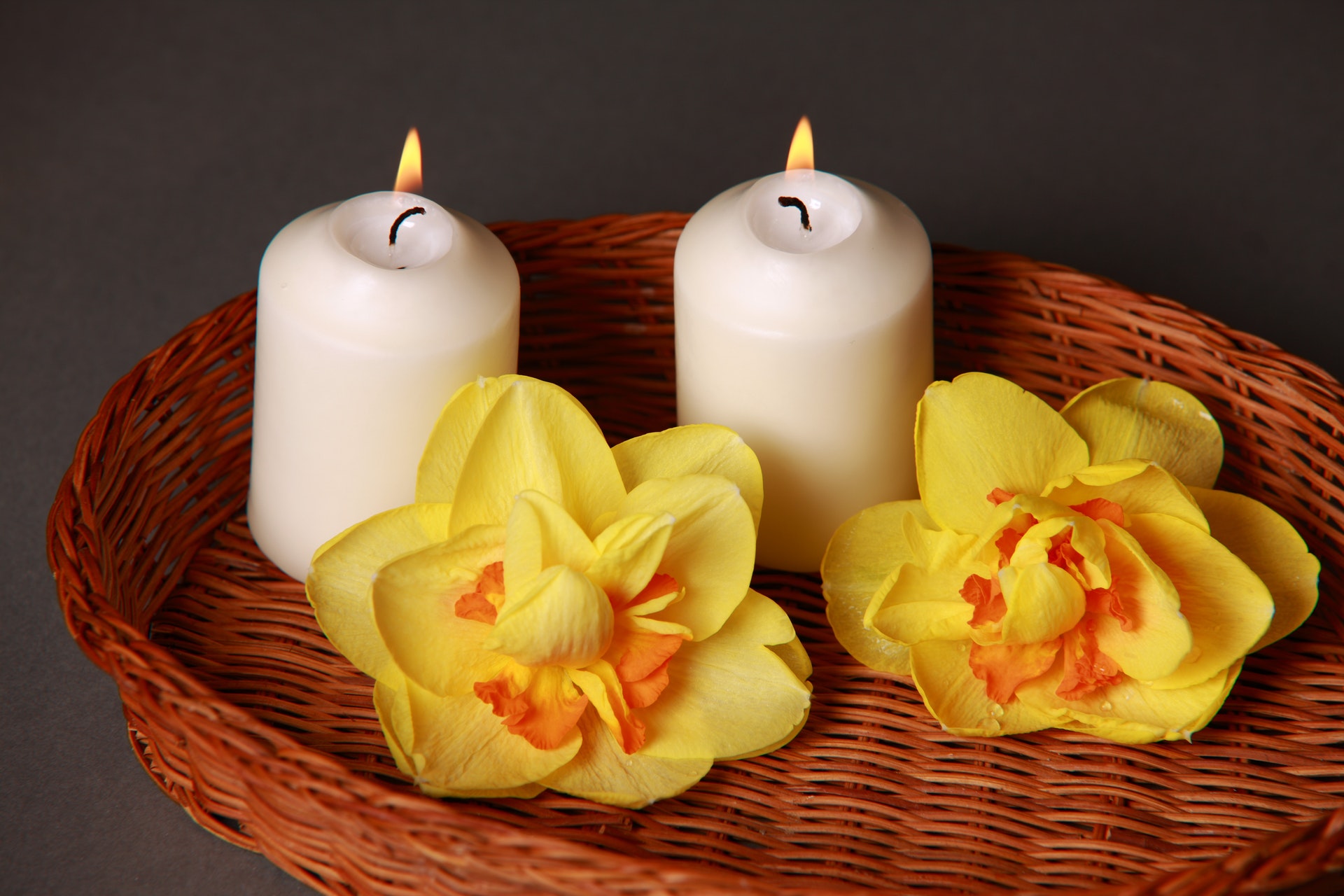
It’s easy to say, “I’m fine, no worries,” when someone asks you how you’re feeling. And let’s face it—we’re sometimes the last people to notice how we’re affected by stress, life events or the general craziness of life.
There’s nothing wrong with admitting things aren’t quite right. Asking for help is easier said than done, but it does not mean you’re failing at life.
Signs to seek help
Stress is unavoidable, however, when you’re finding yourself in a downward spiral and you can’t shake the depression or anxiety you feel, then it’s time to reach out and get help. Signs that you’re struggling include:
- Friends and family commenting that they’re worried about you or that you’re acting differently.
- You’re less productive at work.
- You’ve withdrawn from your social life.
- Activities that once gave you pleasure are no longer fun.
- You’re not sleeping or eating well.
- You’ve got unexplainable aches and pains.
- You’ve stopped exercising or you don’t exercise consistently any longer.
- You’re self-medicating with alcohol or drugs.
- You consistently don’t feel like yourself.
- You’re entertaining thoughts of self-harm or suicide.
Healthy home environments: good for mental health
Your environment affects your well-being either positively or negatively. It can influence your mood, affect your behavior and motivation, encourage or discourage interactions with family and guests and create or reduce stress.
It’s worth it to take time to optimize your home for stress-free, healthier living.
- Declutter your spaces and incorporate a storage and sorting solution such as baskets to corral and contain paper piles.
- Audit your clothing regularly for items that don’t work for you any longer.
- Keep chores from building up by tackling a few each day.
- Studies have proven that natural light has a positive effect on mental health. So, roll up the blinds, open the curtains and let the light shine.
- Stock your kitchen with healthy snacks that provide your body with the nutrients it needs.
- Add a touch of nature with fresh flowers to brighten a room. Hang pictures and art that makes you happy.
- Unplug from electronics each day—ideally, at least an hour before bedtime.
- Create a calm space where you can relax and unwind for a few minutes or meditate.
Create a meditation space in your home
Our homes have spaces dedicated to eating, sleeping and relaxing, cooking, and maybe even a spot for creating art or music. There’s no reason you can’t also design a small space—whether it’s a room or a place within a room—that’s devoted not to action but simply to being.
Meditation spaces remind us to take time to be still, not to think about making dinner or paying bills. To create a space for quiet reflection, consider these suggestions:
- Find the right location. Choose one in which you feel relaxed and comfortable. Pick a spot away from your home’s heaviest traffic flow.
- Consider the light. Some people want natural light while others seek a dimmer place lit with candles. Other people prefer nearly total darkness.
- Declutter and organize. Whether your space is a dedicated room or a section within a room, keep it clutter-free. You could include a rug, mat and pillow in your meditation room.
- Decorate. People who’ve meditated for many years recommend a minimalist approach to reduce distractions. Choose what’s meaningful to you and sets this area apart from the rest of your home.
- Add nature. Since meditation includes connecting with nature, bring some of the outside in. Include your favorite plant, a water feature, a jar of seashells or vase of flowers.
Mental health is an integral part of what makes you… you. It influences so many parts of your well-being, including how you think, feel and act each day. As Helpguide.org says, “Your mental health also affects your ability to cope with stress, overcome challenges, build relationships, and recover from life’s setbacks and hardships.”
There’s no shame in asking for help. Recognizing that you can’t just power through a bad patch alone—and taking steps to reach out—shows strength and courage.
Photo Credit: pexels.com

